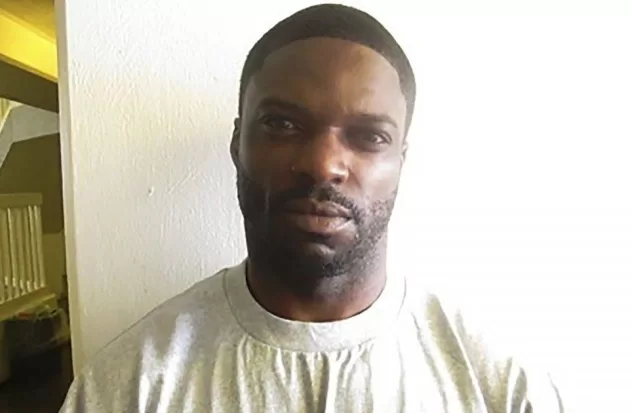MIAMI.- The American prisoner Michael DeWayne Smith was executed this past Thursday in Oklahoma in what is the twelfth exercise of capital punishment in the North American state since its resumption in October 2021 after a hiatus of more than six years.
Smith, 41 years old at the time of his death, was sentenced to death after being found guilty of two murders by firearm in October 2002. Associated with the Oak Grove Posse criminal gang, he always maintained his innocence and assured that a confession that he made at the time before the Police was invalid because he spoke under the influence of drugs.
Inmate’s case history Michael DeWayne Smith
Smith’s first victim was Janet Moore, 40, who was shot in her apartment. The second, Sharath Babu Pulluru, 24, was shot nine times in a grocery store. Smith doused her victim with lighter gasoline and set her on fire. None of them were her original target, according to process records collected by the local newspaper ‘The Oklahoman’.
Smith’s execution, by lethal injection, occurred after a rally of anti-death penalty activists outside the mansion of the state’s governor, Republican Kevin Stitt. During the hearing, the president of the NGO Coalition to Abolish the Death Penalty, Don Heath, described Smith as a person with an intellectual disability who was “poorly advised” by his lawyers by insisting on his innocence instead of acknowledging his guilt and ask for mercy
Oklahoma Archbishop Paul S. Coakley has mourned Smith’s execution. “The death penalty is a solution that has failed in its application and is subject to error and preconceived judgments,” he lamented in a statement.
This Friday, the European Union has also joined in the condemnation and also deplored the upcoming execution of Brian Dorsey in the state of Missouri on April 9.
Brussels, thus, will continue to call for the “universal abolition of the death penalty and the implementation of a moratorium in North American states”, specifically a dozen “that still maintain it in force” and continue to apply it regularly.
Source: EUROPA PRESS / AP






